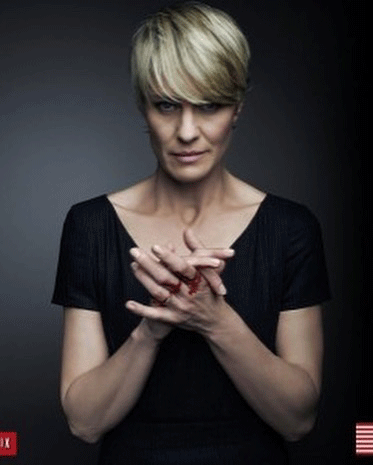Serena
I mentioned in a post yesterday that I had read the novel Serena by Ron Rash and couldn’t get my mind off the idea of “power.” Here is all I could think of while reading Serena: Claire Underwood from House of Cards. (Played so wickedly and convincingly by Robin Wright.) OMG OMG OMG. Serena — recently married to striving timber baron George Pemberton — has a mysterious past in Colorado, and now the two laud themselves as a “timber power couple” (if there were such a thing?) as they arrive to the North Carolina mountains from Boston. Serena is cold, cunning, and manipulative. This is a novel set in the Depression era, so power differences are already magnified. Regardless, Serena is a terrible human, and I wanted to scream at the book. But I didn’t, because it was such an engrossing and well-written story. (Apparently there was a 2014 film adaptation starring Bradley Cooper and Jennifer Lawrence which received negative reviews…and let that remind us that — let’s say it together — the book is [almost always] better than the movie.)
“Power” — power moves, power struggles, power strutting — is what makes this world go ‘round. Power is often not earned…or is earned in dubious fashion, at the feet of people unwilling or unable to take a stand. Or worse, being gaslit and tormented for trying to fight back. I’ve been thinking about this a lot given global and national politics (Harriet Hageman, is your codename “Serena”?), but also given what I’ve sometimes seen in regular life throughout 46 years and lots of moves. And more crucially, I’ve been thinking about how that if I were ever to become a “victim” of a low-level Serena (i.e. extreme Queen Bee/bully/toxic group), I would likely have the privilege to just ignore and walk away.
But what if one doesn’t?
originally published on instagram


